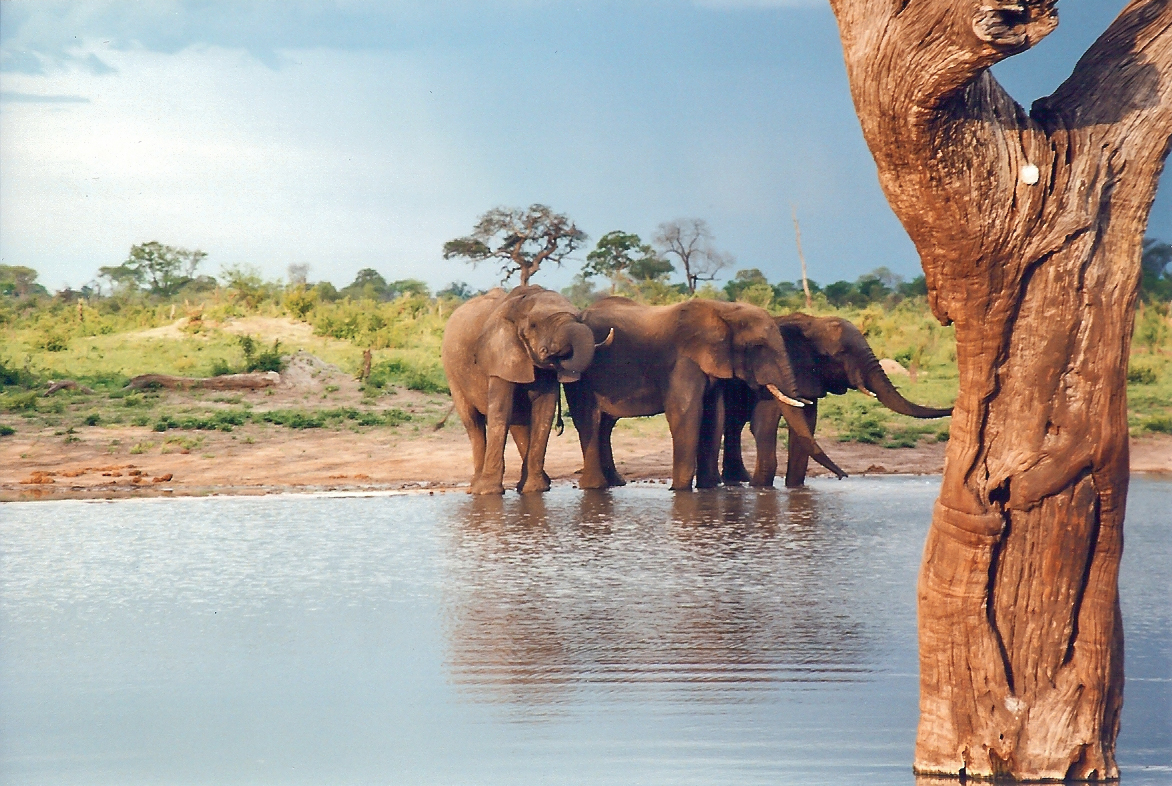This post may refer to COVID-19
To access official information about the coronavirus, access CDC - Centers for Disease Control and Prevention.

www.goodnewsnetwork.org
Zimbabwe Protects Its Iconic Wildlife And Bans Coal Mining in All National Parks
Chinese coal and gold mining operations in Zimbabwe's national parks have been summarily banned following legal push by environmentalists.
Culture & Entertainment
Zimbabwe has banned exploratory coal mining operations and many small gold mining contracts in all 11 national parks, heralding a massive victory for Zimbabwean wildlife.
This is a reverse from an earlier decision to allow two firms belonging to Zimbabwe’s Chinese allies to drill and survey for coal in the world-renowned Hwange National Park, home to more than 40,000 elephants and a population of endangered black rhino, as well as leopard and painted dog conservation programs.
Concern was raised by environmentalists of “ecological degradation” and a marathon five-year legal effort was mobilized against the government by the Zimbabwe Environmental Lawyers Association (ZELA) to block the mining rights which had originally been granted in 2015.
According to coverage from the BBC, Zimbabwean Information Minister Monica Mutsvangwa announced that “steps are being undertaken to immediately cancel all mining titles held in national parks,” while adding that it was not only coal but gold mining, which was already being carried out along several small rivers, that would also be banned.
Zimbabwe and China maintain close national ties, and the decision is not expected to cause deterioration of relations as both governments understood the sensitivity of the mining operations.
A truly momentous victory for conservationists, Zimbabwe has struggled for decades with severe inflation—a figure that stands currently at around 737%, and any Chinese currency received from the mining operations in Hwange would have been extremely useful to the government.
However it was nature that triumphed, and as tourism revenues begin to increase following COVID-19 lockdowns, the value of a pristine national parks system will hopefully prove the more sustainable and profitable investment.
























































